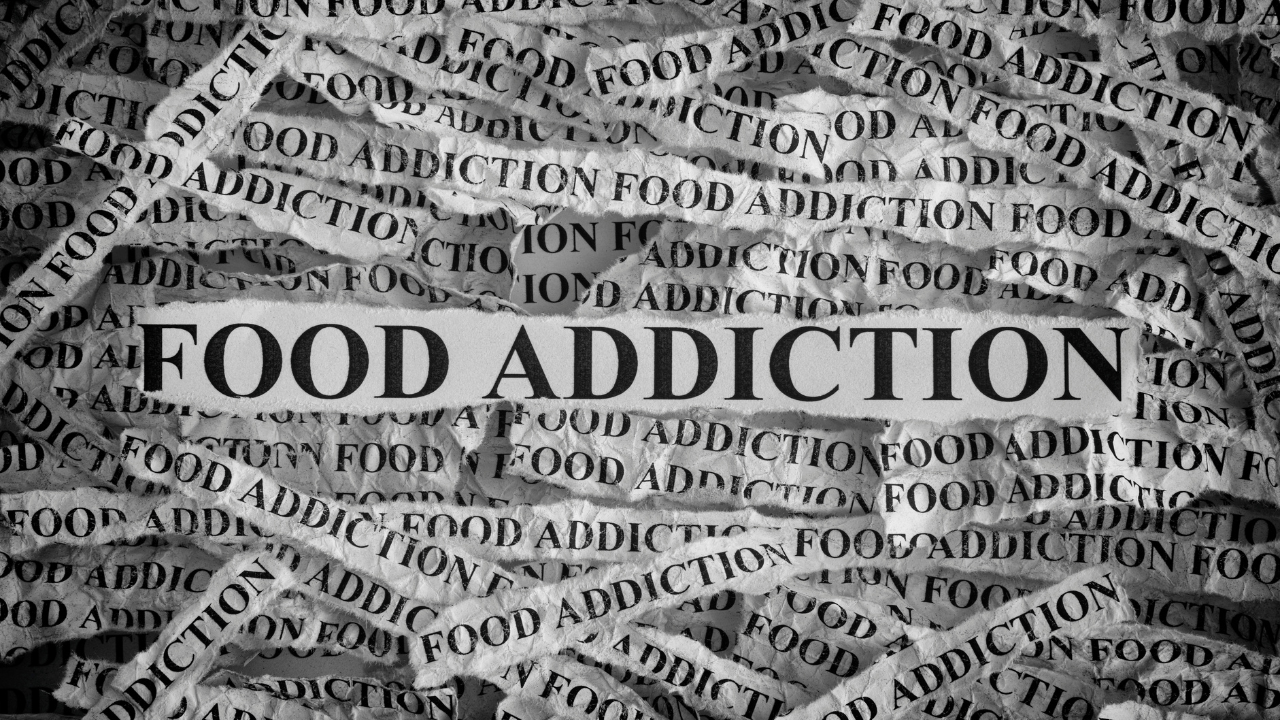Is processed food addiction a “real” Addiction?

Issue No. 8 | Brought to you by the Addiction Reset Community – ARC
Unlocking the secrets of processed food addiction and guiding you to find freedom from food and weight obsession.

One of the many challenges that people living with processed food addiction face is the question of whether this is a “real” addiction. The short answer is Yes! It absolutely is!
The first step to recovery is to acknowledge that we are facing a severe addiction.

Research into processed foods shows addictive properties for sugar and sweeteners, flour, gluten, dairy, processed fats, excessive salt and caffeine. When combined, poly-substance characteristics can intensify the addictive properties of the food-like product.
The addictive properties of sugar are perhaps the most studied. Rats have been shown to choose sugar, high fructose corn syrup and saccharine over cocaine and heroin. Withdrawal syndrome similar to that of morphine is also found. Just like cocaine, Sugar activates the dopamine pathway in the brain.

Gluten and flour made from gluten grains contain a gluteomorphine that appears to activate the opiate pathways. Salt has been observed to be used by morphine addicts in withdrawal, presumably as a replacement for morphine. Processed fat appears to activate the opiate and endocannabinoid pathways in the brain. While Dairy contains a casomorphine which has been shown to bind to opiate receptors in the brain. Caffeine has intoxication and withdrawal diagnoses in the Diagnostic and Statistical Manual of Mental Disorders (DSM–5).

In the treatment of processed food addiction, these would all be classified as addictive or “trigger foods” which the food addict should abstain from. Application of the DSM-5 Diagnostic Criteria to overeating shows that overeating meets the criteria for an addiction.
Click here to learn more about the DSM-5 diagnostic criteria and their manifestation in overeating.

Within the Addiction Reset Community (ARC) our members and their journeys are important to us. We find their stories inspiring and hopeful for everybody in health recovery.
From childhood, I clearly remember the sense of satisfaction that came from only eating specific processed foods. At age 11 my parents were divorced and I went to live with family. I always needed the food to numb away my emotions.
I became a serial yo-yo dieter as a young mum. Constantly hungry, never satiated, always wanting processed food. With each new diet I started and failed, my self-loathing and guilt increased. “If only I could try harder, punish myself more, hate myself more- maybe then I could stick to the diet and solve all my issues”. My health issues were many and I became depressed.
In 2020, I joined the ARC. For me, this is when everything changed. We stopped talking about weight loss, macronutrient counting, food lists and recipes. We began talking about stress management, meditation, forgiveness, acceptance and goal setting. This shift allowed me to see that the recovery I needed was more than just a way of eating – I needed to change the way I was living. Being exposed to the ARC, made me realise that I had found the missing piece of the puzzle. It answered why members of our small group still lapsed, despite knowing the health benefits of eating real food. It was an easy decision for me to join the ARC too.
Ever since joining the ARC I’m learning so much about myself. Treating others with compassion kindness and respect is something I have always valued and practiced. But I wasn’t aware of how poorly I was treating myself. I’m also learning to be more aware of my thoughts and feelings and the things I tell myself about myself.
Now, I’m on the path to becoming my own best friend and I am so excited about the possibilities that recovery brings to me.

Many people reach out to Joan asking for advice and assistance on how they can begin their recovery journey.
Dear Joan:
I keep trying to quit the sugar and processed food for the past 2 years but even after a month or two of eating clean, I still have days where I just can’t stop over-eating or binging on processed food. Why is it taking so long to get control over my food?
Joan responds:
Ending loss of control takes a long time because the food industry has been teaching the reward pathways in our brains to crave for decades. By putting addictive sugars, excessive salt, and fat into our food and addicting our reward pathways, and then surrounding us with advertising and availability, the processed food industry has deeply addicted our brains. It could take years to reteach those brain cells to stop craving and stay calm when stimulated by advertising and availability. It is critical to learn recovery skills and be immersed in supportive recovery messaging as a means of retraining the brain and regaining control.
DISCLAIMER:
Dr Joan Ifland (PhD) is a global expert on the subject of processed food addiction and is not a medical doctor. Information and response shared in this Newsletter are not intended for, and should not be construed as medical advice.

Do you have a question? Reach out to us with your questions about food addiction and recovery at gethelp@foodaddictionreset.com
Are you showing signs of Processed Food Addiction? Take this self-quiz to find out now!

Recent copies of Dr Joan Ifland's Blog:
Issue 01 | Issue 02 | Issue 03 | Issue 04 | Issue 05 | Issue 06 | Issue 07

